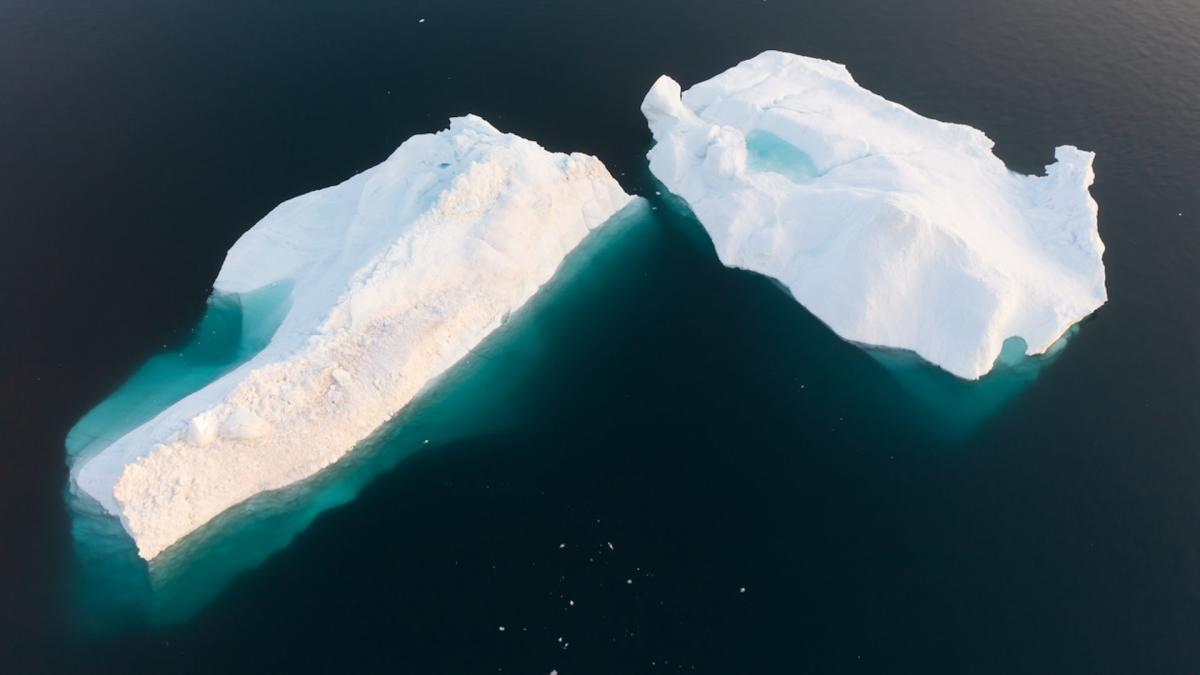Why does this look and sound exactly like clickbait?
The answer might surprise you.
You’ll never believe what’s under Antarctica’s sheets!
Its yahoo, did you really expect fine journalism?
These 5 under sea anomalies have scientists puzzled, number 3 will destroy you.
The referenced study (Nature, open access)
Bolding my emphasis
Abstract
The Arctic Ocean (AO) is changing at an unprecedented rate, with ongoing sea ice loss, warming and freshening impacting the extent and duration of primary productivity over summer months. Surface microbial eukaryotes are vulnerable to such changes, but basic knowledge of the spatial variability of surface communities is limited. Here, we sampled microbial eukaryotes in surface waters of the Beaufort Sea from four contrasting environments: the Canada Basin (open ocean), the Mackenzie Trough (river-influenced), the Nuvuk region (coastal) and the under-ice system of the Canada Basin. Microbial community structure and composition varied significantly among the systems, with the most phylogenetically diverse communities being found in the more coastal systems. Further analysis of environmental factors showed potential vulnerability to change in the most specialised community, which was found in the samples taken in water immediately beneath the sea ice, and where the community was distinguished by rare species. In the context of ongoing sea ice loss, specialised ice-associated microbial assemblages may transition towards more generalist assemblages, with implications for the eventual loss of biodiversity and associated ecosystem function in the Arctic Ocean.
Micro-organisms under the ice may be threatened as the ice melts and they lose their niche
Was it aliens? How about pyramids? Maybe Jesus?
Yog-Sothoth.




